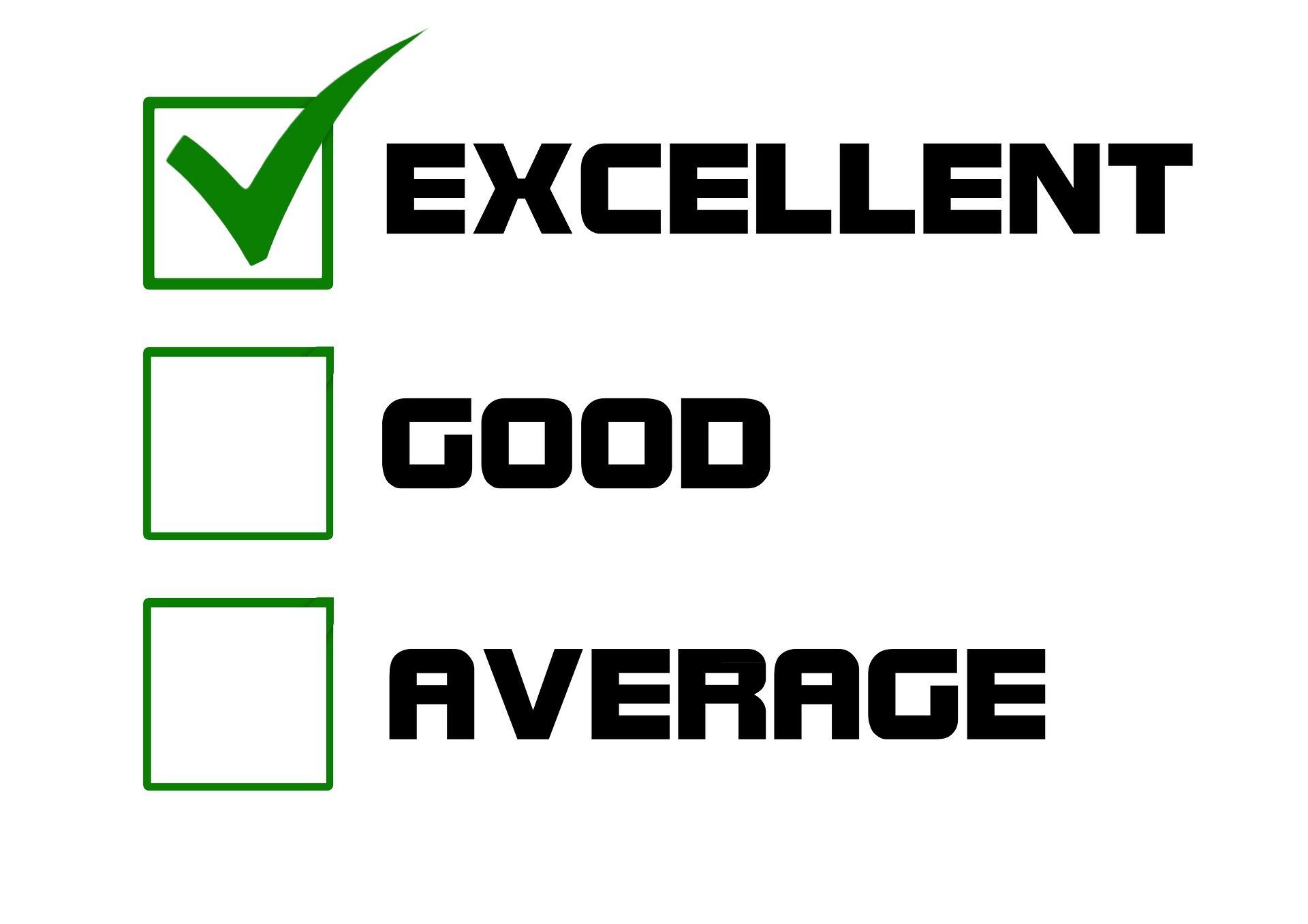Are SBA Loans Right for My Business

If you're starting a small business, you may be wondering are SBA loans right for your business. These government-backed loans can be used for various purposes, including startup costs, working capital, and equipment purchases.
Understanding SBA Loans
The Small Business Administration (SBA) is a federal agency that provides loans to small businesses. They can be used to pay for almost anything related to running a business, including equipment, inventory, payroll, marketing, etc.
Many small business owners never realize the types of loans available. Some loans require collateral, and others don't. Many loans are secured by real estate, but unsecured loans are also. In addition, some types of loans may require repayment in a specific way while others do not.
The government supports the loan, providing funding if the borrower defaults. This is the case even if the loan has no collateral. The SBA guarantees these loans and provides the same interest rates, terms, and conditions as conventional loans.
7(a) Loans
If your business has less than $5 million in assets, you're likely to qualify for the 7(a)-loan program. These loans provide funds for startup costs and working capital. They also come with flexible terms, so they're a great option if you're trying to start a new venture.
504 Loans
The 504-loan program is often referred to as the "working capital" loan. The name comes from the section of the Internal Revenue Code where the loan originated — section 49c.
These loans are ideal for businesses with between $100,000 and $10 million in assets. They can cover startup costs, including real estate, inventory, and equipment. But these loans also have strict repayment terms and may come with a penalty if you default.
How Do SBA Loans Work?
The SBA's loan program is like a traditional bank loan. You'll work with a bank to obtain a loan and complete the required paperwork to get the money. However, several key differences exist between the SBA loan program and other traditional bank loans.
First, the SBA doesn't lend money directly to businesses. Instead, it provides loans through private lenders. If you don't find a lender willing to offer you funding, the SBA may make a loan available. The SBA sets up the loans and collects the interest from lenders. Then, the SBA shares a portion of the loan profits with the lender.
Second, the SBA won't lend to businesses not based in the United States. It also won't consider a business's creditworthiness or past performance. These loan decisions are based on the business's financial health, and the SBA only makes loans to businesses with positive cash flow.
Third, you won't be able to borrow as much money as you would from a traditional bank. You can only access the SBA's 7(a) loan program if you have less than $5 million in assets. However, you'll be able to borrow up to 50 percent of the value of those assets.
Finally, you'll have to deposit when applying for the loan. That deposit will cover the possibility that your application for the loan will be denied. And if the loan is approved, you'll have to pay back the entire loan amount over three years.
Who Should Apply For SBA Loans?
Many business owners think they're ineligible for SBA loans, but the truth is that they're ubiquitous. There's also a variety of non-profit organizations that can benefit from the SBA loan program, such as local food banks and shelters.
SBA loans also make sense for people who aren't operating their businesses. You can use the proceeds from an SBA loan to buy a business, or you can use the loan to purchase inventory or land. The SBA's loan program can help you get the financing you need to get started.
Is It Time To Take The Plunge?
If you're considering applying for an SBA loan, it's essential to understand what you're getting into. You should know the risks involved before you dive in. The most significant risk you'll face is that the SBA will deny your application.
The loan approval process takes several weeks, and even then, you won't know whether you've been approved. You'll also have to pay a 5 percent application fee when you apply. But if you're lucky, the loan will be approved, and you'll be able to get funding for your startup.
Other risks include the possibility of defaulting on the loan. And if you default on your loan, the SBA can charge you for the cost of liquidating your assets. That means you could lose the equity in your business to repay your loan.
The SBA's loan program has many benefits, but it's not perfect. You can only access it if you're running a small business that's less than $5 million in assets. That limits the pool of potential borrowers.
And if you're looking to start an already established business, it may not make sense to take on the SBA's loan program. The SBA loans are limited by the amount of money your business can generate in the first few years. So, you may not be able to borrow enough to grow your business quickly.
What’s The Purpose Of SBA Loans?
The purpose of the SBA is to ensure that small businesses can have access to financing and capital to grow their businesses. The SBA gives many loans to small businesses, including 7(a) loans guaranteed by the federal government and can only be used for commercial real estate. SBA loans are often used for construction projects, shopping malls, and commercial buildings.
SBA loans are not the only source of financing for small businesses. There are other options, such as credit cards and bank loans. It is essential to consider whether a loan is secured or unsecured when seeking financing. A fast loan requires that the borrower own a property.
Are SBA Loans Right For My Business?
Yes, they are a great option for small businesses that need additional financing. They are a type of loan available through the U.S. Small Business Administration (SBA). They are also referred to as "microloans" for minimal money.
The SBA has established a set of guidelines for lending to small businesses. They are designed to ensure that the money you receive is used to help your business grow and succeed. They are also meant to protect the lender from any losses.
SBA loans are available to companies with fewer than 500 employees. They have a limit of $150,000 for each loan. The loan amount is based on the number of employees and the total amount of the loan.
The SBA loans can be used for various purposes, including working capital, inventory, and equipment. They are usually a good option for startups but are also available to companies already operating and need additional money to make improvements.
SBA loans are not a loan that is paid back over a long period. They are paid back in a lump sum, typically in five years.
How Can I Get Qualified For An SBA Loan?
- Step 1: Get a business plan: You must have a business plan to get a loan from the SBA. It should be detailed and explain how you plan on running your business.
- Step 2: Build a business plan: The business plan should include details about your business, including how much money you will need, where you plan on getting it, and what you plan to do with it.
- Step 3: Show the bank your plan: The bank will review your business plan and decide whether they will issue the loan. If you don't have a business plan, you won't get a loan.
- Step 4: Get a loan: After the bank approves your loan, you can start building your business.
What Are The Terms Of The SBA Loan?
SBA loans are federally guaranteed loans with a fixed interest rate, a fixed term, and a fixed payment amount. The borrower is responsible for paying the loan principal and interest. The loan can be repaid in two ways: making a series of monthly payments or a balloon payment at the end of the loan term.
The interest rate on an SBA loan is based on the U.S. Treasury yield curve. The SBA sets the interest rates on loans so that they can vary.
The loan term is determined by the borrower's creditworthiness, the purpose of the loan, and the amount borrowed.
Is There A Difference Between An SBA Loan And A Conventional Bank Loan?
An SBA loan is a loan that is provided to small businesses through the Small Business Administration. The SBA loan has a maximum loan amount of $750,000. The loan is typically offered to companies with less than 500 employees.
The SBA loan requires a down payment of 10 percent of the loan amount. The loan can buy, build, or improve real estate. It is also commonly used to purchase equipment, vehicles, and machinery. The SBA loan requires a two-year repayment period. However, the SBA loan is not as challenging to qualify for as a traditional bank loan.
The SBA loan is subject to the federal government's lending guidelines. The SBA cannot lend to the self-employed. If an individual owns a business, the SBA loan cannot exceed 50 percent of the business's equity.
A conventional bank loan is a loan that is offered to small businesses through traditional banks. The conventional bank loan is a long-term loan with a maximum loan amount of $1 million. The loan is typically offered to companies with more than 500 employees.
The conventional bank loan requires a down payment of 20 percent of the loan amount. The loan can buy, build, or improve real estate. It is also commonly used to purchase equipment, vehicles, and machinery.
The conventional bank loan is subject to the federal government's lending guidelines. The traditional bank loan is not as challenging to qualify for as an SBA loan.
How Long Will It Take To Get My Loan?
Getting qualified for a personal loan is challenging. But it is easier to get a loan if you have a good credit score. People with good credit scores are given higher interest rates than those who don't have a good credit score. But several factors make your credit score determine how fast you get your loan approved.
When you apply for a loan, you must know the amount you want to borrow. This amount should be higher than what you can comfortably repay within the loan period.
The SBA Loans Pros And Cons
SBA Loans are an attractive source of funding for startups. However, if you are thinking about getting such loans, it is essential to know the pros and cons of SBA Loans. They can be a life-saving option for you. Here, we will discuss SBA Loans' key benefits and drawbacks.
Pros
1. No Collateral
SBA Loans do not require any collateral. So, they have become a great option for small business owners who may not have the required money to get a loan from a bank. Also, the lenders usually offer better rates for SBA Loans than banks.
2. Flexible Repayment Terms
SBA Loans provide flexible repayment terms to borrowers. The repayment period for SBA Loans is from three months to five years. This gives you a flexible schedule to repay the loan according to your financial needs.
Cons
1. High Costs
The interest rates on SBA Loans are higher than regular bank loans. In addition, there is also a processing fee which is usually around 3% of the total loan amount. Moreover, you will also be required to pay an application fee, processing fee, and documentation fee.
2. Burdensome Documentation
This is especially true when applying for an SBA loan through a bank. You need to provide bank statements, credit card bills, income tax returns, and personal loan applications.
3. Long Repayment Process
Another drawback of SBA Loans is the lengthy repayment process. This is longer compared to a traditional loan.
Conclusion
In conclusion, The Small Business Administration (SBA) is a federal agency that provides loans to small businesses that need money to grow. They also offer training, counseling, and advice on starting and running a business.
Do you feel like you are struggling with putting "strategy" and "business growth concepts" in place that make a difference? Doing it all is overwhelming! Let’s have an honest discussion about your business and see if the Power of 10 can help you. Click “HERE” to have a great conversation with our team today.
Written and Published By The Strategic Advisor Board Team
C. 2017-2021 Strategic Advisor Board / M&C All Rights Reserved
www.strategicadvisorboard.com / info@strategicadvisorboard.com








SAB Foresight
Receive updates and insights
SAB Foresight Signup Form
Thank you for subscribing.
You will receive the next newsletter as soon as it is available.
Please try again later.
Copyright © 2017-2023 Strategic Advisor Board, LLC / M&C



